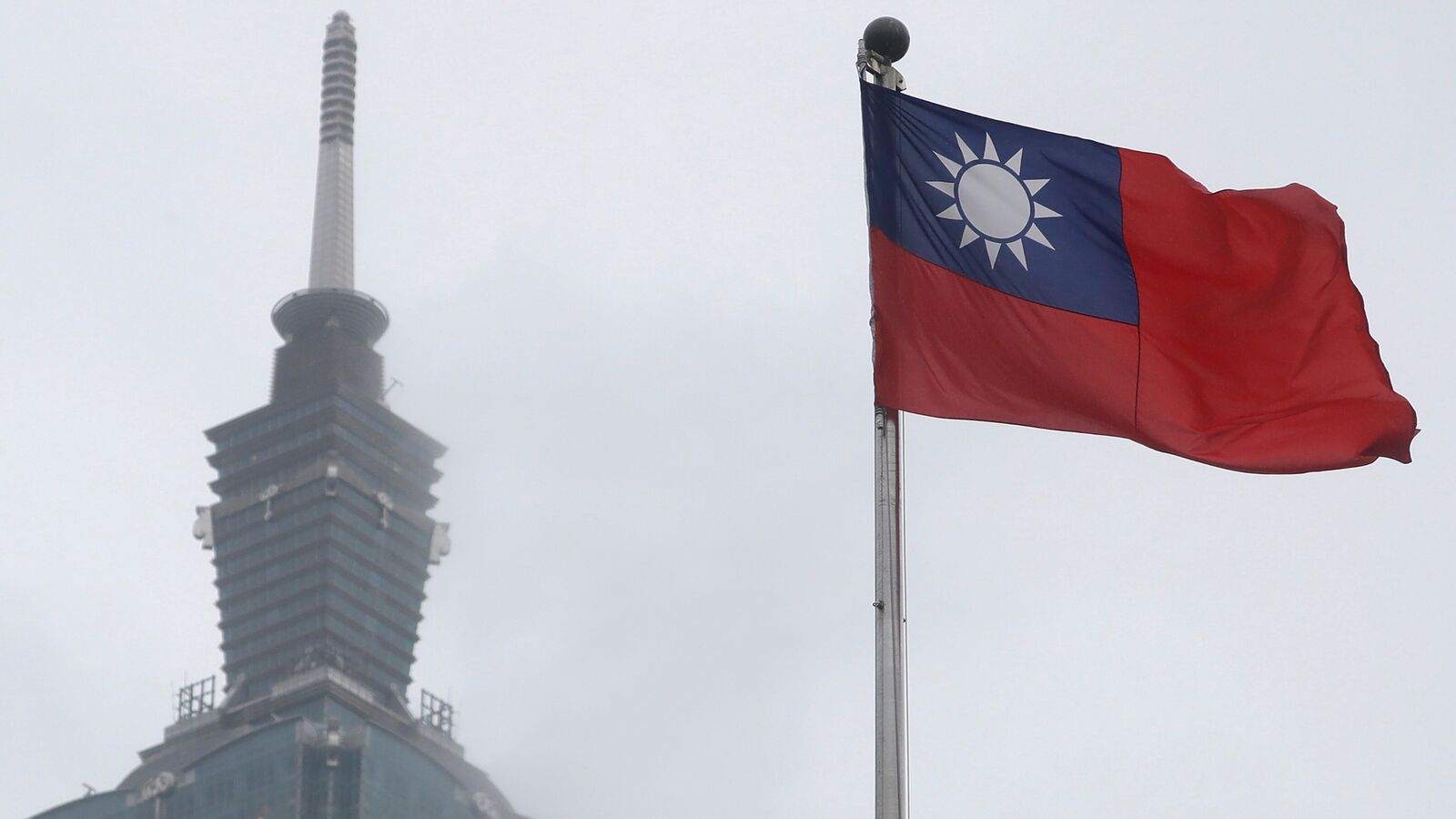The United States’ recent shift on Taiwan, which included removing the phrase “we do not support Taiwan independence” from the State Department’s fact sheet, has sparked fierce criticism from China. Beijing, which considers Taiwan a part of its territory, has urged the US to “correct its mistakes” and cease sending signals that could encourage Taiwan independence supporters.
China’s reaction: Strong condemnation Guo Jiakun, a spokesperson for the Chinese Ministry of Foreign Affairs, said, “The United States has gravely backpedaled on its position on Taiwan and sent the wrong message to separatist forces on the island.”
Guo continued, stating that the US should stop supporting Taiwan independence, warning that such actions would damage not only China-US relations but also the peace and stability of the Taiwan Strait. “We urge the US to… stop emboldening and supporting Taiwan independence and avoid further damaging China-US relations,” he emphasised.
“No matter how much Taiwan and the US collude and scheme with each other, they will never be able to change the fact that there is only one China in the world and Taiwan is a part of it,” said Zhu Fenglian, a spokesperson for Beijing’s Taiwan Affairs Office.
Taiwan’s response: Viewing the revision as positive Taiwan, on the other hand, welcomed the revision. The Taiwanese government called the change “positive and friendly,” noting that it reflected the close and amicable partnership between Taiwan and the United States. The US de facto embassy in Taiwan also described the update as “routine,” despite the heightened sensitivity surrounding the language used in US-Taiwan relations.
A spokesperson for Taiwan’s Ministry of Foreign Affairs said, “The Ministry of Foreign Affairs has noted that the US State Department updated the ‘Current State of US-Taiwan Relations’ page… with text that is positive and friendly toward us.”
China’s historical stance on Taiwan Beijing has consistently maintained that Taiwan is an inseparable part of China, having refused to rule out the use of force to reunify the island with the mainland.
In response to the ongoing tensions, Beijing has ramped up military exercises around Taiwan, showcasing its growing military pressure on the self-governing island.
Trump’s recent remarks on Taiwan chips US President Donald Trump last week criticised Taiwan’s role in the global semiconductor industry, saying that Taiwan had taken the chip business away from the US. He added that he would seek to bring the chip industry back to the United States, complicating the already sensitive issue of US-Taiwan relations.
The Taiwan issue: Historical context Taiwan and China split in src949 during the Chinese Civil War, with the Nationalists fleeing to Taiwan after being defeated by the Communist Party. While Taiwan has its own government and military, it has never formally declared independence. Despite Taiwan’s self-governance, China insists that the island must eventually come under its control, escalating its diplomatic and military pressure on Taipei in recent years.

Comments are closed